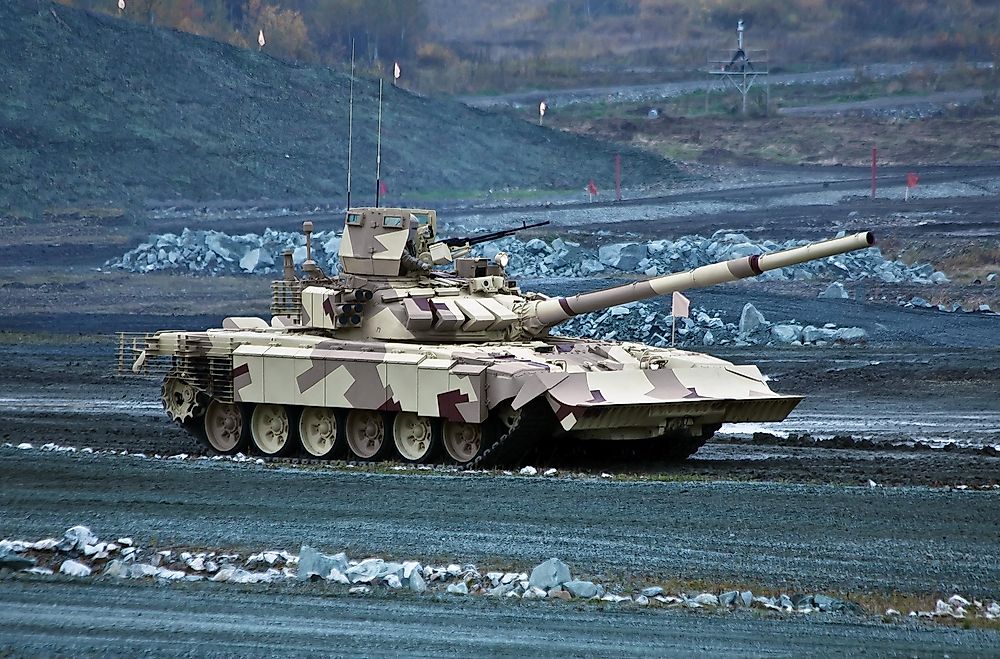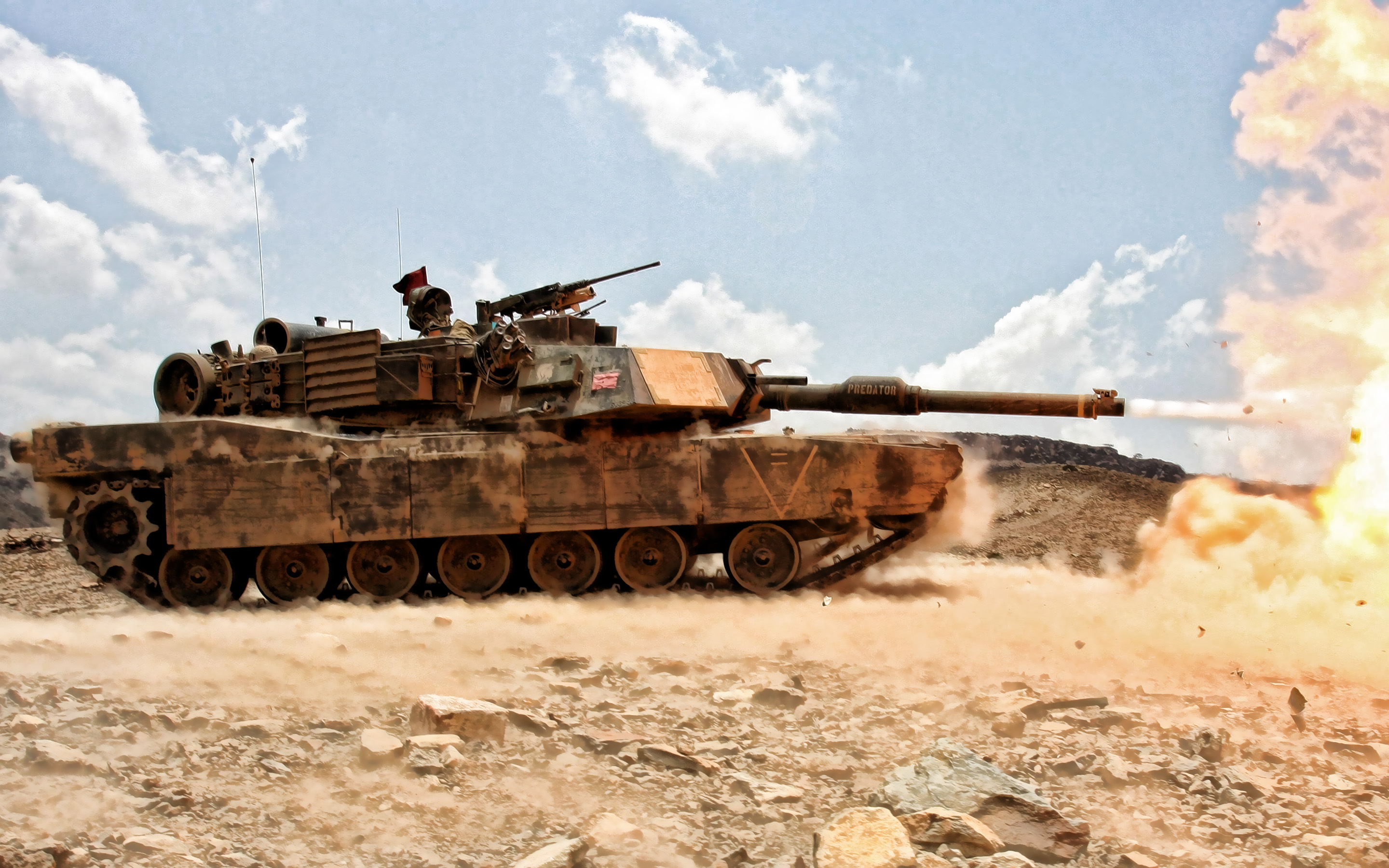

More importantly, not a single Abrams crewman lost his life due to enemy fire. Not a single M1A1 Abrams was destroyed by a direct result of enemy fire. Most of those took minor combat damage, and actually, few of the Abrams was hit by enemy fire. Simply put, it was truly a one-sided affair, and while the American military racked up the “kills” of enemy armor – of the 1,848 tanks sent to Iraq only 23 M1A1s were taken out of service during the Gulf War. tank crews could hit Iraqi targets before the enemy came into range, and that proved to be a decisive advantage! The M1A1 was capable of targeting the enemy at ranges in excess of 8,200 feet (2,500 meters), while the Iraqi tanks had an effective range of less than 6,600 feet or 2,000 meters. Fortunately, a Third World War never occurred, so the tank that was designed primarily for combat in Europe actually had its baptism by fire in the deserts of the Middle East during the Persian Gulf War in 1991, where it was still used against Soviet tanks, however, operated by Iraqi soldiers.īy then the Abrams had been significantly upgraded, and the M1A1 variant proved vastly superior to Iraqi Soviet-era T-55 and T-62 tanks, as well as Iraqi-built copies of the Soviet T-72.

Army tank crews conducted training operations with other NATO nations to hone their skills to ensure they’d be ready to take on the Soviet Union and the Warsaw Pact.

Developed to replace the aging M60 Patton tank, the American M1 Abrams main battle tank (MBT) entered service in the early 1980s.


 0 kommentar(er)
0 kommentar(er)
